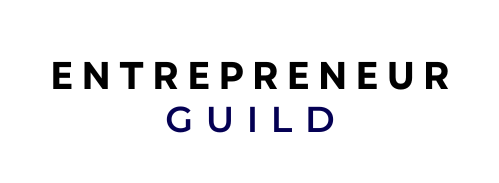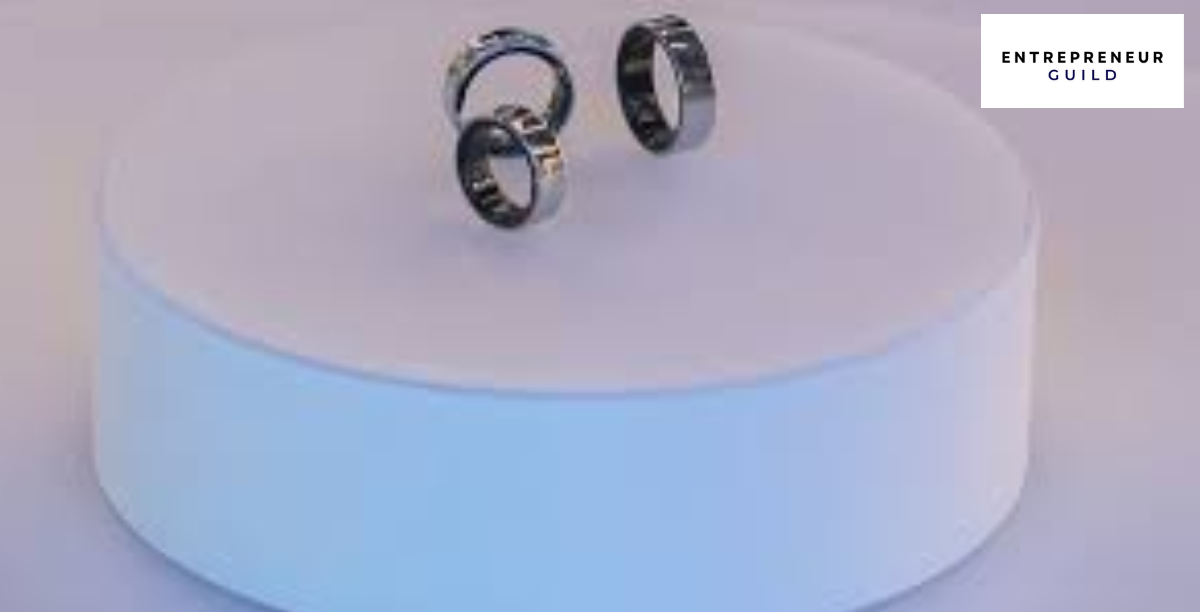key points:
Samsung’s Galaxy Ring Launch: Samsung is gearing up to launch the Galaxy Ring, a health-and-fitness wearable, in the US around August. This launch may coincide with the debut of Samsung’s next-generation Galaxy Z series foldable devices.
Potential Legal Hurdles: There are potential patent infringement lawsuits from Finnish health-tracking company Oura regarding five specific patents related to functionalities in ring-style fitness trackers. Samsung is preparing for these potential lawsuits by seeking legal counsel.
Galaxy Ring Specifications: The Galaxy Ring has been listed in the FCC’s testing records, detailing various ring sizes and battery specifications. It is expected to be available in sizes 5 to 12, with battery capacities ranging from 17mAh to 22mAh.
Expected Features and Pricing: The Galaxy Ring is anticipated to be priced between $300 and $350 in the US and around Rs 35,000 in India, placing it in the same price range as Samsung’s Galaxy Watch lineup. It is expected to feature advanced health-tracking sensors and technologies.
Competitive Landscape: The health-and-fitness wearable market is competitive, with Oura already established as a key player known for precise health tracking. Samsung’s entry with the Galaxy Ring signifies its ambition to capture a share of this niche but growing segment.
Market Strategy: The Galaxy Ring is part of Samsung’s broader strategy to expand its wearable portfolio and strengthen its presence in the health and fitness sector. Its features align with current consumer trends emphasizing health and wellness.
Innovation and Impact: Despite potential legal challenges, the Galaxy Ring highlights Samsung’s commitment to innovation in wearable technology. If launched successfully, it could set a new standard for health-and-fitness wearables and provide a competitive edge over smaller players like Oura.
Samsung’s Galaxy Ring launch seems poised to make waves in the health-and-fitness wearable market, but potential legal hurdles could impact its rollout. Oura’s patent infringement threats add an element of uncertainty, potentially delaying Samsung’s plans. However, Samsung’s proactive legal preparations demonstrate its determination to navigate these challenges.
The Galaxy Ring’s specifications, including its various sizes and battery capacities, hint at a versatile and customizable device. Its price point positions it alongside Samsung’s Galaxy Watch lineup, suggesting a premium offering with advanced features. If Samsung successfully navigates the legal landscape, the Galaxy Ring could emerge as a formidable competitor in the wearable tech sector, challenging established players like Oura.
The device’s comprehensive health monitoring capabilities align well with consumer demand for wellness-focused wearables. Features such as heart rate tracking, sleep analysis, and potentially blood oxygen level measurement cater to health-conscious users, enhancing its appeal.
Samsung’s broader strategy to diversify its wearable portfolio underscores its commitment to innovation in this space. Despite the potential challenges, the Galaxy Ring represents a significant opportunity for Samsung to expand its presence in the health and fitness market. If executed effectively, it could set a new standard for smart rings and reinforce Samsung’s position as a leader in wearable technology.





